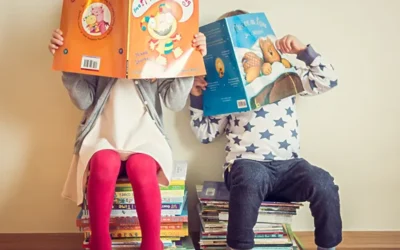The (bi)lingual blog
Multilingual vs. Bilingual: What’s the Difference?
In our increasingly globalized world, the ability to speak multiple languages is a valuable skill. But what’s the difference between being multilingual and being bilingual? Let’s explore these terms and what they mean for language learners and speakers.
What is a heritage language?
A heritage language is the language that is associated with a person’s cultural background, typically passed down through generations within a family or community. It’s the language spoken by their ancestors and often used in their home environment, but not necessarily the dominant language of the society they live in. But what are its characteristics and why it is important?
Acquiring a Language vs. Learning a Language: What’s the Difference?
In the world of bilingualism, distinguishing between acquiring a language and learning a language is vital. However, misconceptions often cloud this understanding, leading to confusion. While language acquisition is a natural, subconscious process that occurs during early childhood through immersion in a language-rich environment, language learning is a deliberate, structured endeavor typically associated with formal education.



